1. Ron Howard
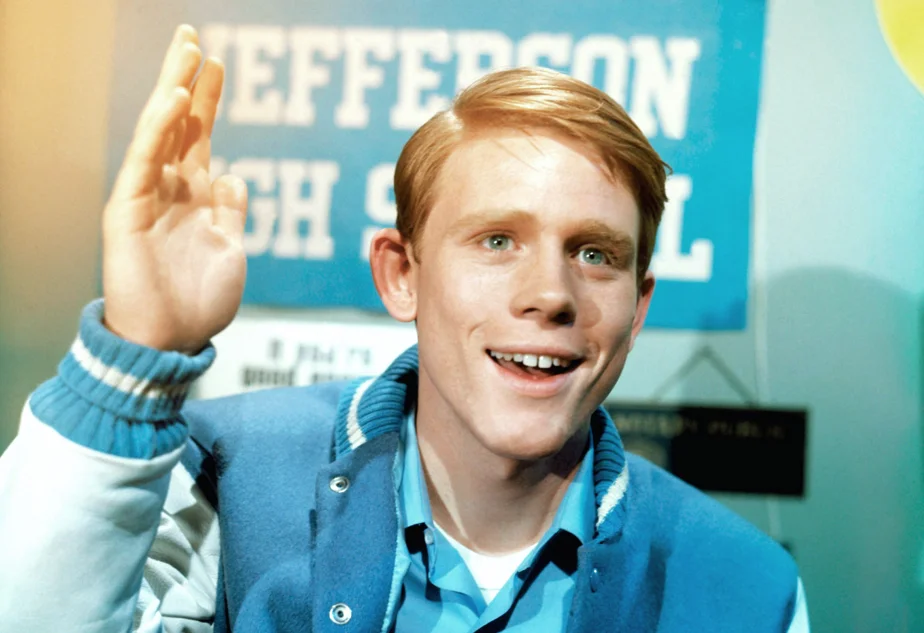
Back in the ’60s, Ron Howard was best known as young Opie Taylor on The Andy Griffith Show, charming viewers with his sweet smile and heartfelt questions. Few could have predicted that the adorable redhead would go on to become one of the most respected directors in Hollywood, but that’s exactly what happened.
Howard eventually traded in his acting scripts for directing clout, helming blockbusters like Apollo 13, A Beautiful Mind, and The Da Vinci Code. He won an Oscar and proved that his behind-the-camera talent was every bit as strong as his on-screen presence. It’s hard not to admire how seamlessly he transitioned from child star to industry powerhouse. These days, you might forget he ever played Opie. But that early foundation clearly gave him a storyteller’s heart.
2. Leonard Nimoy
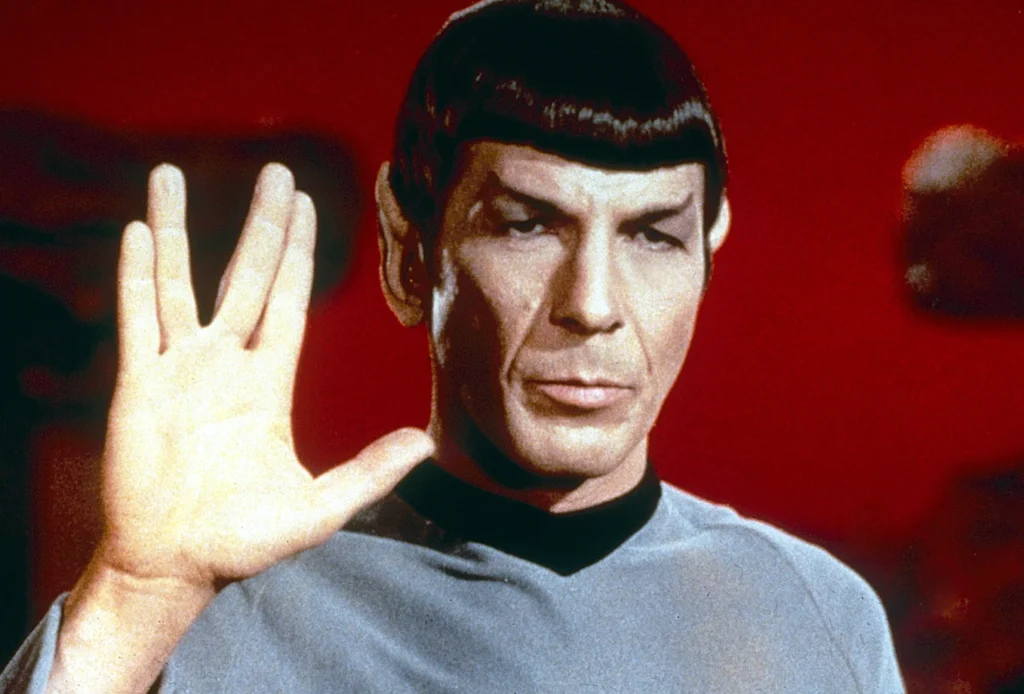
To most people, Leonard Nimoy will always be Mr. Spock from Star Trek, a role he played with such depth and calm authority that it became iconic. But Nimoy also had a quiet ambition to shape stories from the director’s chair.
After his time on the Starship Enterprise, Nimoy went on to direct several films, including two Star Trek movies—The Search for Spock and The Voyage Home. He also directed Three Men and a Baby, which turned out to be a huge box office hit in 1987. His knack for pacing, tone, and emotional arcs made him a natural. Nimoy didn’t just understand his characters—he understood story. And that made him a thoughtful and effective filmmaker.
3. Penny Marshall
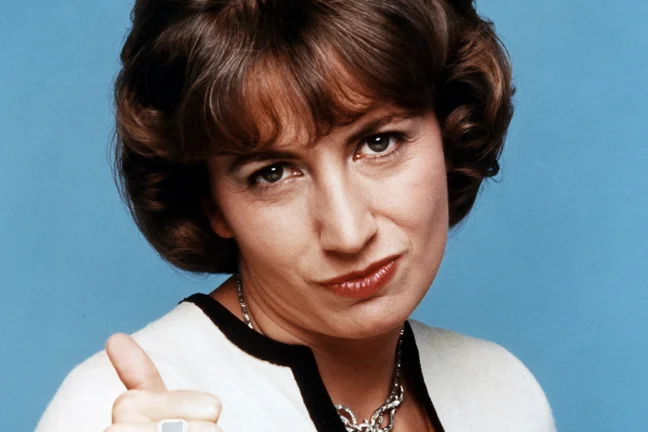
Penny Marshall may be best remembered for her role as Laverne on Laverne & Shirley, which technically kicked off in the ’70s, but her early start came in the late ’60s with appearances on shows like That Girl and The Odd Couple. Her comedic timing and expressive face made her a natural in front of the camera.
But what really set her apart was what she did after acting. Marshall became one of the first women to direct a film that grossed over $100 million with Big, and she kept going with hits like A League of Their Own and Awakenings. She brought humor and heart to her projects in a way that was unmistakably hers. Penny wasn’t just making movies—she was changing the game for female directors in Hollywood.
4. Paul Mazursky
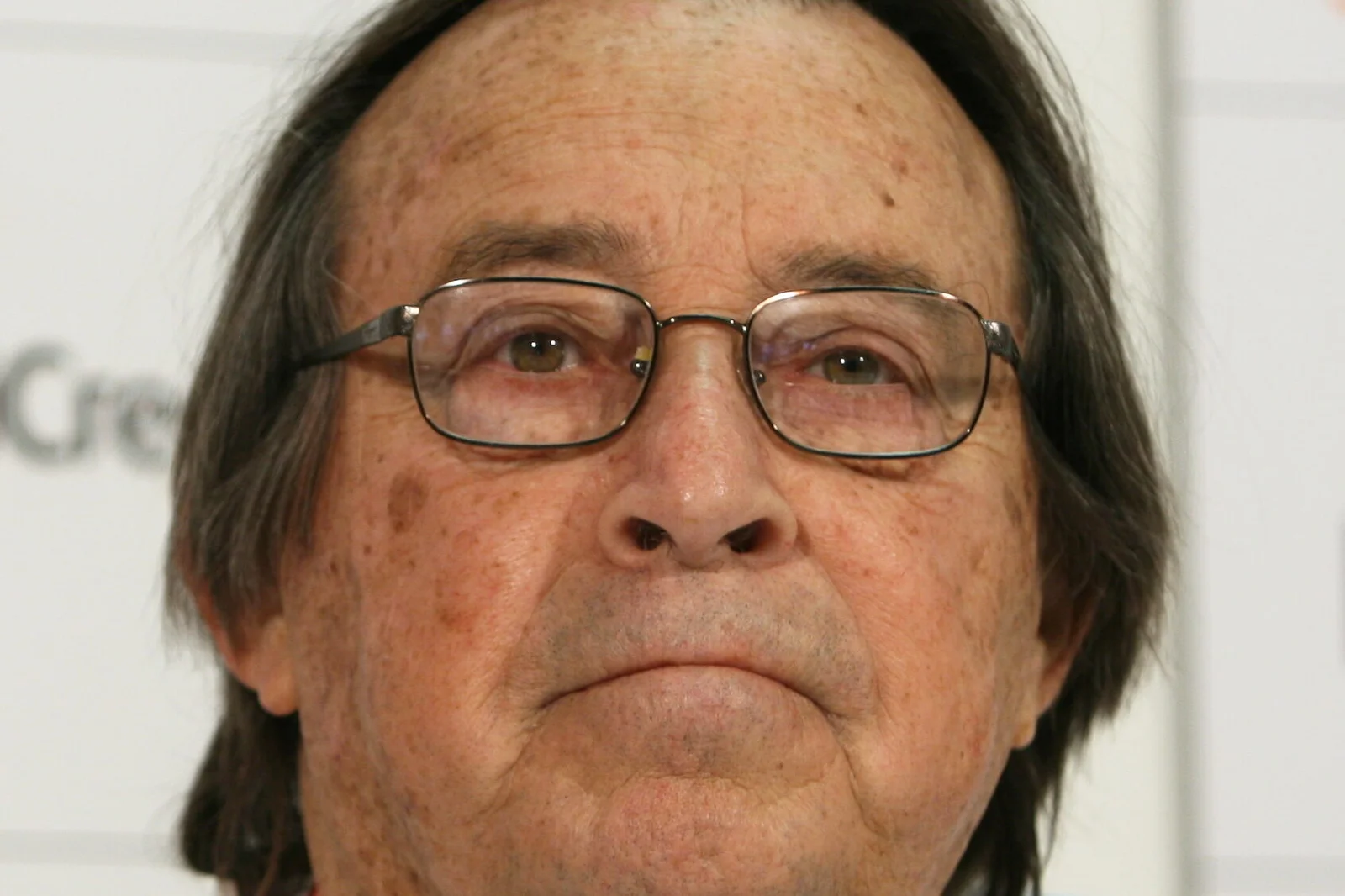
Before he became an acclaimed filmmaker, Paul Mazursky made his television debut in the late ’50s and early ’60s with appearances on shows like The Twilight Zone and The Danny Kaye Show. He even had a small role in The Untouchables, showcasing his range as a performer. But while he was talented on-screen, it was clear he had a bigger vision.
Mazursky eventually stepped behind the camera and became one of the most influential writer-directors of the ’70s and ’80s. His films, like Bob & Carol & Ted & Alice, An Unmarried Woman, and Down and Out in Beverly Hills, were sharp, emotional, and full of humanity. He brought a unique mix of satire and sincerity that captured the changing culture of the time. Though his acting days faded into the background, his voice as a filmmaker left a lasting impression.
5. Michael Landon
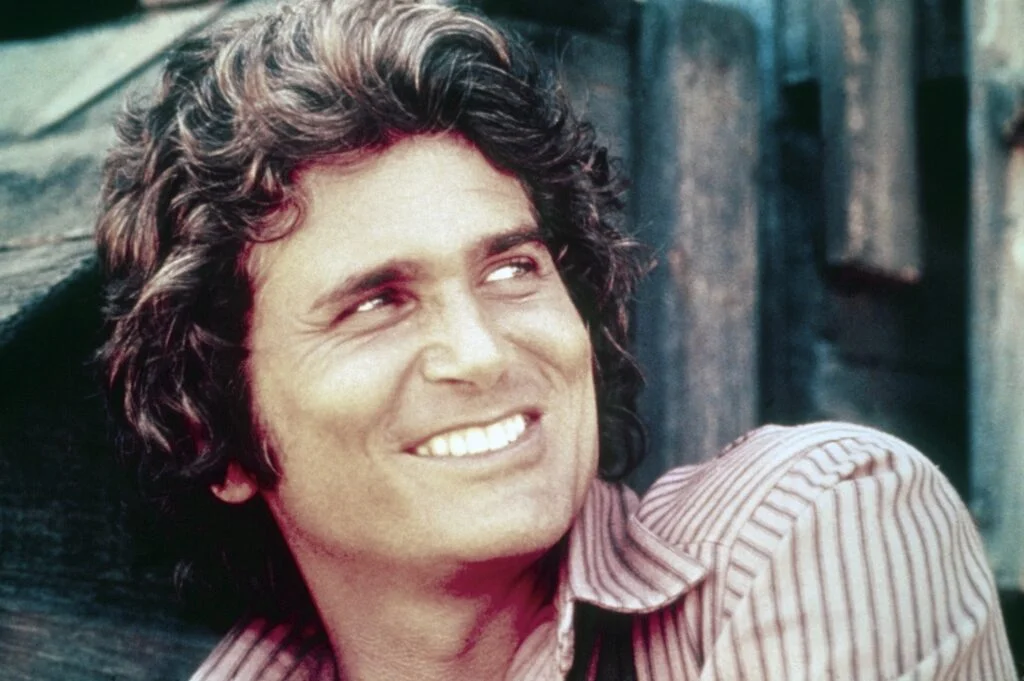
Michael Landon became a household name as Little Joe Cartwright on Bonanza, and he made a big impression with his rugged good looks and emotional depth. But he wasn’t content to stay just in front of the camera.
Landon began writing and directing episodes of Bonanza and quickly gained a reputation for being a natural behind the scenes. He took full control of his later projects, like Little House on the Prairie and Highway to Heaven, where he served as writer, director, and producer. His hands-on approach gave his shows a distinct voice—earnest, heartfelt, and deeply human. Landon wasn’t just telling stories, he was shaping television history.
6. Carl Reiner
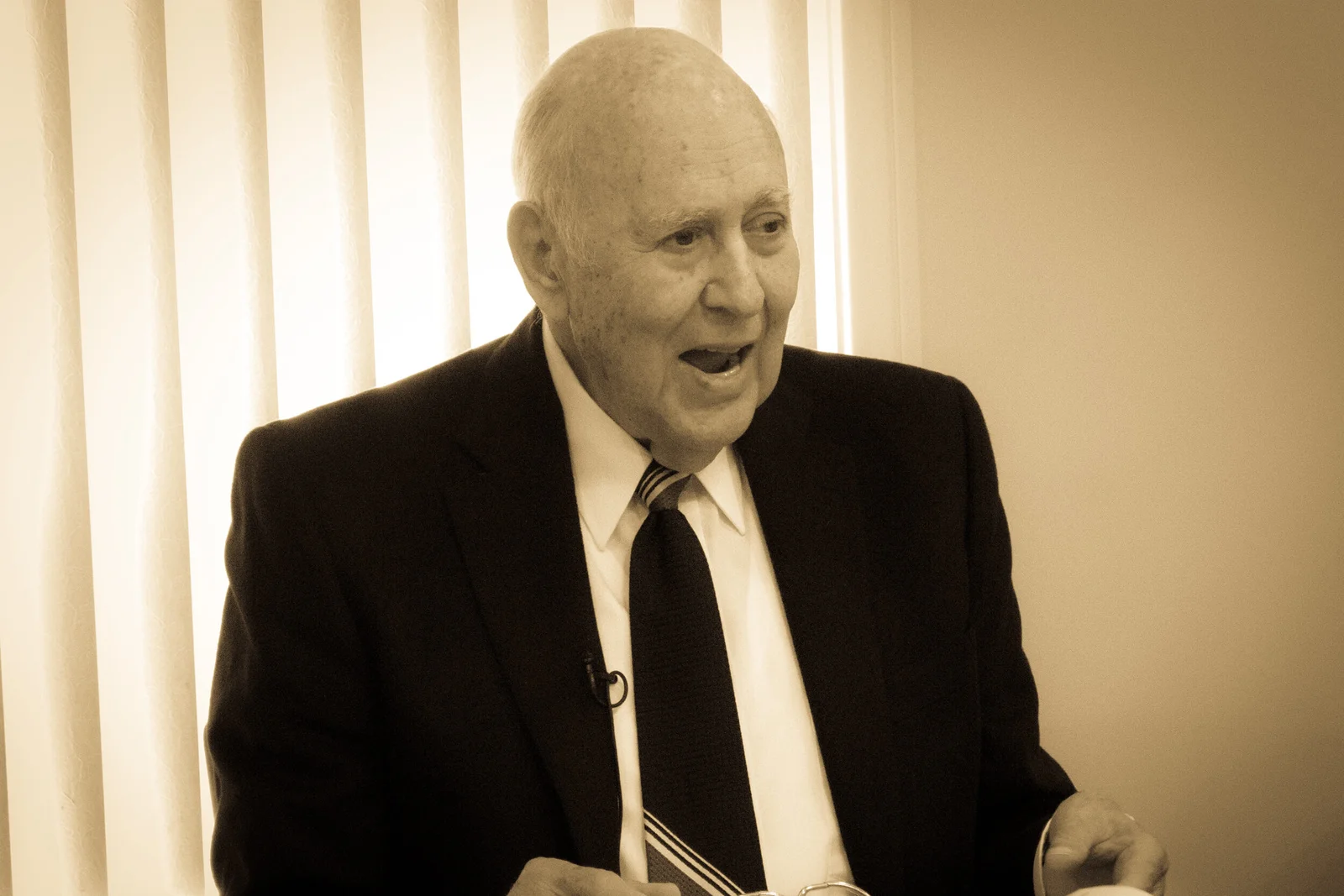
Carl Reiner had already proven himself in the ’50s, but in the ’60s, he really hit his stride with The Dick Van Dyke Show, which he created and occasionally appeared on. His comedy instincts were razor sharp, and his ability to mix smart writing with physical humor made the show a standout.
Afterward, Reiner moved more solidly into directing and writing, crafting hit films like The Jerk and All of Me. His collaborations with Steve Martin in particular became comedy gold. Reiner’s legacy isn’t just his own brilliance—it’s how he lifted up others. Behind the scenes, he became one of comedy’s great mentors, always pushing for originality and heart.


